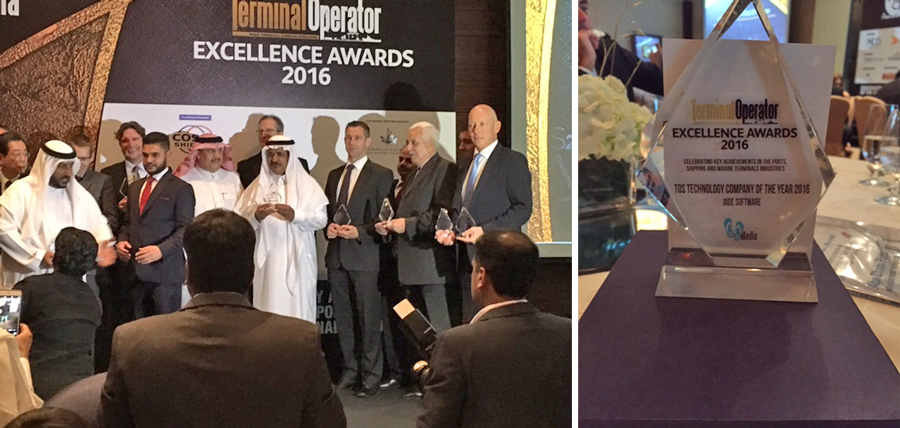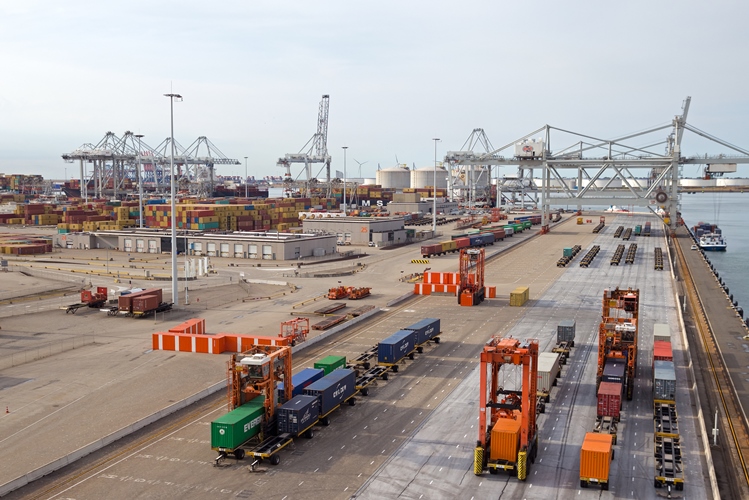Published by WorldCargo News April 12, 2018
Jade Logistics’ terminal operating system (TOS), Master Terminal, has successfully gone live at Pakistan International Bulk Terminal Ltd (PIBTL).
Demonstrating its true “mixed cargo” credentials, PIBTL has implemented Master Terminal for managing its coal, cement and clinker terminal at Port Qasim. PIBTL has invested some US$285M developing the facility, which is touted as the first and only common user dry bulk facility in Pakistan, capable of handling 12 Mtpa of coal, with an average discharge rate of over 30,000 tons per day.
“PIBTL’s vision is to transform the port infrastructure through investment in the latest technologies, such as Master Terminal, and the best global standards for handling cargo. Its goal is to strive for excellence, and to build world-class port infrastructure in the country”, stated Sharique Azim Siddiqui, CEO of PIBTL.
Jade Logistics has long promoted Master Terminal as a true mixed cargo capable TOS, and PIBTL said it this was a factor in picking the software for its new facility.
“We identified Master Terminal as the leading TOS in the mixed cargo market. We will use it to optimize workflows across our operation,” said Sharique Azim Siddiqui. “Master Terminal’s comprehensive EDI capabilities, ability to interface to other systems, and sound implementation reputation gave us the confidence that it would more than meet the needs of our busy port.”
PIBTL has also implemented Jade Logistics’ Harbor Management software for berth scheduling and management of its harbor operations.
Salman Zulfikar, Senior Consulting Manager for Jade Logistics commented, “Entry into the South Asia market further enhances Master Terminal’s reputation as the world’s number one TOS for mixed cargo ports. The project was well supported by the PIBTL management, as well as the operations, finance and IT users. A combination of state-of-the-art bulk-only technologies, and the integration of Master Terminal with core weighing processes, were key to a successful implementation.”













